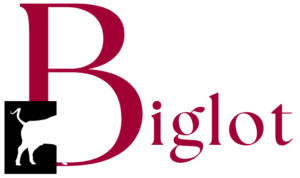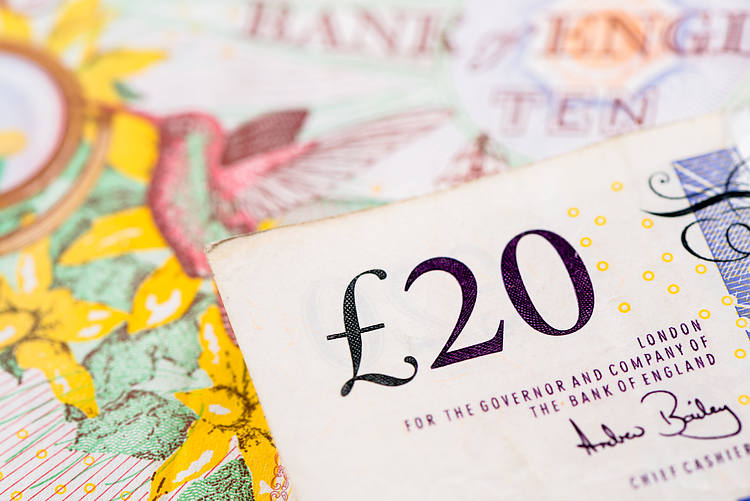- BoE’s raises rates to 5.25%, though GBP/USD dipped to a one-month low.
- The BoE’s decision was on a split vote, with two members eyeing a 50 bps rate hike.
- US Initial Jobless Claims came in line with estimates at 227K, while the ISM’s business services activity reading was 52.7, indicating a potential slowing down in the economy.
GBP/USD trims some of its earlier losses after the Bank of England (BoE) decided to raise rates by a quarter of a percentage point, as it warned borrowing costs will stay high. That, alongside business activity in the United States (US) slowing down, has lent a lifeline to the Sterling (GBP), which tumbled after BoE’s decision to a one-month low of 1.2620. At the time of writing, the GBP/USD is trading at 1.2705, registering minuscule losses of 0.04%.
Sterling rebounds from a one-month low, buoyed by the Bank of England’s decision to lift rates and slower US business activity. The pair is now trading at 1.2705, with minimal losses of 0.04%
The GBP/USD dived sharply after the BoE lited rates to 5.25% and warned, “The MPC will ensure that Bank Rate is sufficiently restrictive for sufficiently long to return inflation to the 2% target.” The BoE noted that although inflationary pressures are easing, the UK’s Consumer Price Index (CPI) remained at 7.9% in June, the highest in any major economy. In the meantime, market participants polled by Reuters expect UK Bank Rates to peak around 5.75%, indicating that two additional rate increases are expected toward the end of the year.
The BoE’s vote split was 6-3, with two members expecting a 50 bps hike, while Swati Dhingra voted to keep rates unchanged.
Aside from this, US economic data revealed the labor market gave signs of easing in the week ending July 29, with Initial Jobless Claims coming at 227K, aligned with estimates. Even though the data is encouraging, mixed reports during the last few months keep investors guessing the job market trend.
Other data released by the Institute for Supply Management (ISM) recently revealed that business services activity remains at expansionary territory at 52.7, below forecasts of 53, and trailed June’s 53.9. Even though data remains positive, it shows that activity is cooling down, putting on the table a recessionary scenario if consumers don’t support the economy.
Following the data, the greenback weakened as the GBP/USD gained some traction, trading back above 1.2700. Despite rising US Treasury bond yields, which had continued to edge higher, the US 10-year Treasury bond yield gained eleven basis points at 4.191%.
The upcoming US Nonfarm Payrolls report for July is anticipated to provide a comprehensive assessment of the labor market. If the report reveals unexpected positive outcomes, it may lead to discussions about implementing further interest rate hikes by the US Federal Reserve (Fed). Conversely, if the results fall short of expectations, the Fed might adopt a cautious approach in preparation for the September monetary policy meeting.
Meanwhile, Richmond’s Federal Reserve President, Thomas Barkin, made statements emphasizing the concern over high inflation levels. He mentioned that the inflation reading from the previous month was favorable, and he hopes it indicates a positive direction in managing inflationary pressures.
GBP/USD Technical Levels












